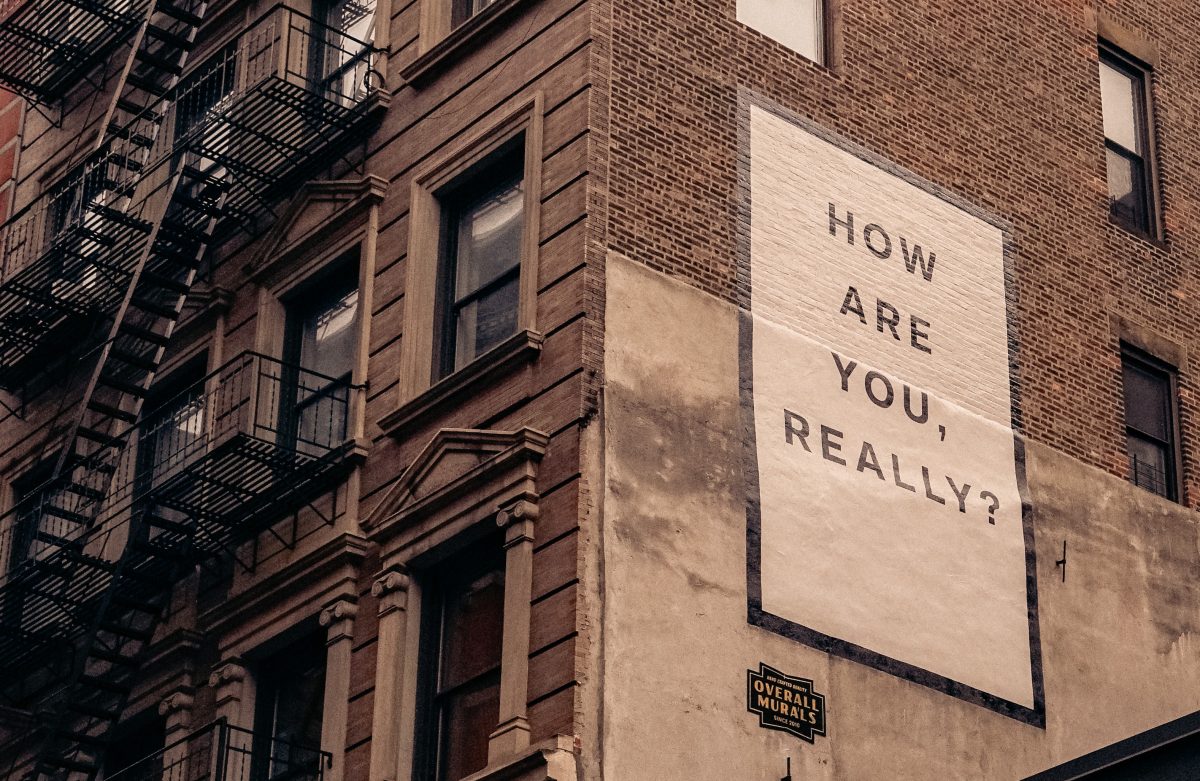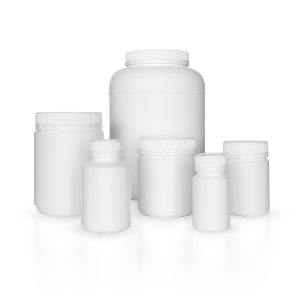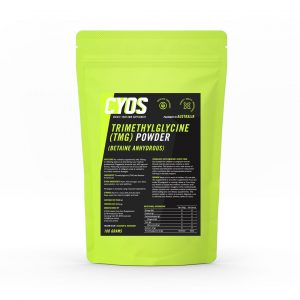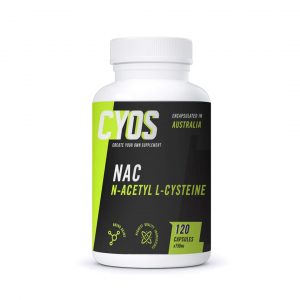


Adaptogens
J J 20 Apr 2020
Supplements for Stress and Anxiety
Share
In the current unpredictable climate it can be difficult managing stress and anxiety and it can be hard to perform to the best of your ability if your nervous system isn’t well supported.
We’ve put together a list of supplements that have been scientifically proven to help with stress and anxiety levels. It is important to always check with your doctor and get regular blood tests to see if you are deficient in any vitamins and/or minerals which could also be making you feel anxious.
Some Vitamins, Minerals and Herbs have been found to reduce anxiety and stress levels. Including; B Vitamins, Vitamin A, Vitamin E, Vitamin C, Vitamin D, L-Theanine, Magenesium, Ashwaganda, Chamomile, Lavender, Rhodiola and Valerian Rosa we will go over some of those in more detail below.
Key Points:
- B Vitamins significantly lower personal strain and depression.
- L-Theanine reduces the levels of cortisol.
- Vitamin C can assist with anxiety, stress, depression, fatigue and mood state.
- A deficiency in Vitamin D can make anxiety worse.
- Ashwaganda boosts stamina, preserve stress hormones, reduce inflammation – improving performance and muscle growth, supports the immune system and boosts libido
- Valerian Root extract alters brain connectivity in relation to anxiety.
- Rhodiola Rosea reduces fatigue and burnout feeling that comes from stress and anxiety.
B Vitamins
Many B Vitamins are vital to support a healthy nervous system. If Vitamin B levels are low, either due to optimal diet or administration of the B Group Vitamin symptoms which can result include; depression, cognitive decline and dementia.
B Vitamins have been shown to reduce levels of the amino acid Homocysteine which is associated with stress. There are 8 essential B Vitamins, all but one is available to us by eating a variety of plant based foods and vegetables. B12 is not available from plants as it is synthesised by bacteria, in the foregut of ruminant animals, therefore those eating a predominantly plant-based diet will need to supplement B12. [1]
Sixty individuals participated in a 3-month trial where their personality, work demands, mood, anxiety and strain were assessed, found that by taking Vitamin B complex they reported significantly lower personal strain and a reduction in confusion and depressed/dejected mood after 12 weeks. [2]
L- Theanine
L-Theanine is an amino acid found commonly in green tea and some other plant extracts. Recent studies have shown positive and promising effects for the impact on anxiety and stress. [3]
A study was conducted on 34 people who consumed 200mg of L-theanine per day, the results showed they had lower levels of the stress hormone cortisol in response to a stressful multitasking task. [4]
Vitamin C
Vitamin C is a well-known antioxidant that has been shown to have a lot of health benefits. It can assist with anxiety, stress, depression, fatigue and mood state. Antioxidants may have an important role in combating the damage created by Oxidative stress in individuals that suffer from anxiety.
A study examined 42 high school students, they were given either vitamin C or placebo over the course of 14 days. Anxiety levels were evaluated for each student before and after the 14 days following supplementation. Results showed that vitamin C reduced anxiety levels and led to higher plasma vitamin C concentration compared to placebo. This also suggests that a diet rich in vitamin C may also be effective for the psychological treatment of anxiety. [9]
Food sources of Vitamin C include; broccoli, cauliflower, kale, kiwi, oranges and orange juice, red, green and yellow capsicum, sweet potato, strawberries and tomatoes.
Vitamin D
Vitamin D is an important nutrient that the body needs to absorb other vitamins. A deficiency in Vitamin D can lead to many other deficiencies and can make anxiety worse. Getting enough sun is a major source of getting enough vitamin D but it also occurs naturally in fish, eggs and is added to dairy products.
The body produces vitamin D from cholesterol if there is enough sun exposure. There are many health benefits to supplementing vitamin D including increased cognition, immune health, bone health and general well-being.
A study in China found that there was a possible association between serum vitamin D levels and anxiety in children and adolescents on dialysis. A study also found that patients with premenstrual syndrome-related mood disorders has shown positive effects of vitamin D supplementation on reduction in anxiety score. [8]
Ashwaganda
Ashwaganda is a herb native to India which has been used in Indian Ayurveda for thousands of years. Ashwaganda is thought to enhance your body’s resilience to physical and mental stress. Ashwaganda has been thought to boost stamina, preserve stress hormones, reduce inflammation – improving performance and muscle growth, supports the immune system and boosts libido.
A review on studies of Ashwaganda indicated it pocesses anti-inflammatory, antistress, antioxidant and rejuvenating properties. [5]
A study on 60 healthy adults were randomly allocated to take either a placebo or ashwaganda extract once daily. All participants completed the trial with no adverse effects reported. In comparison with the placebo, ashwaganda was associated with greater reductions in morning cortisol and testosterone levels were increased in males. [6]
Valerian Root
Valerian Root is commonly known has a sleep and sedation remedy but researchers began studies to find out if it had any effect on anxiety or functional brain connectivity.
A study was conducted over 4 weeks on 64 nonclinical volunteers suffering psychological stress. The participants were given 100mg of Valerian Root or placebo daily. The findings indicated that Valerian Root extract alters brain connectivity in relation to anxiety. [7]
Rhodiola Rosea
Rhodiola Rosea is a plant native to the alpine regions. Its roots are considered adaptogens, meaning they help your body to adapt to stress when they are consumed. It appears to be able to reduce the fatigue and burnout feeling that comes from stress and anxiety.
A study of 60 male students were taking either 660 mg per day over 20 days or placebo. Measures of subjective self-evaluation, psychological fatigue, situational anxiety, motivation, precision or motor function, process of excitement and need for rest are significantly improved over the placebo group.
Summary
The research on anxiety herbs and supplements is promising but it is always advised you check with your doctor before taking anything new.
If you found this article valuable please share it with a friend in the social media links below.
References:
[1] – https://www.ncbi.nlm.nih.gov/pmc/articles/PMC4772032/
[2] – https://www.ncbi.nlm.nih.gov/pubmed/21905094
[3] – https://www.ncbi.nlm.nih.gov/pubmed/31412272
[4] – https://www.ncbi.nlm.nih.gov/pubmed/26797633/?ncbi_mmode=std
[5] – https://www.ncbi.nlm.nih.gov/pubmed/10956379/
[6] – https://www.ncbi.nlm.nih.gov/pubmed/31517876
[7] https://www.ncbi.nlm.nih.gov/pubmed/30632220
[8] – https://www.ncbi.nlm.nih.gov/pmc/articles/PMC5899084/
[9] – https://www.ncbi.nlm.nih.gov/pubmed/26353411
CYOS blog content is for informational and educational purposes only, and should not be considered medical advice, diagnosis or treatment recommendations. Always consult with your doctor or medical professional before using any dietary supplements or if you suspect you have any medical concerns or issues.
Share
SHOP OUR PRE-MADE CAPSULES RANGE
100% Pure • Encapsulated in Australia • Vegetarian Capsules • No Fillers • No Additives • No Binders • No Anti Caking Agents • Allergen Free • No Preservatives • Non GMO
Our best sellers
 Search Products
Search Products
 All Products A-Z
All Products A-Z
 Pre-Made Capsules
Pre-Made Capsules
 Additives
Additives
 Amino Acids
Amino Acids
 Anti-Oxidants
Anti-Oxidants
 Beauty
Beauty
 Bioactive Compounds
Bioactive Compounds
 Bulk Items
Bulk Items
 Empty Capsules
Empty Capsules
 Fats & Oils
Fats & Oils
 Fibers
Fibers
 Herbal Extracts
Herbal Extracts
 Joints
Joints








 Mushroom Extracts
Mushroom Extracts Nootropics
Nootropics Packaging
Packaging Probiotics & Digestion
Probiotics & Digestion Proteins
Proteins Sleep
Sleep Stimulants
Stimulants Super Blends
Super Blends Super Foods
Super Foods Tools
Tools Vitamins & Minerals
Vitamins & Minerals Weight
Weight Workout
Workout